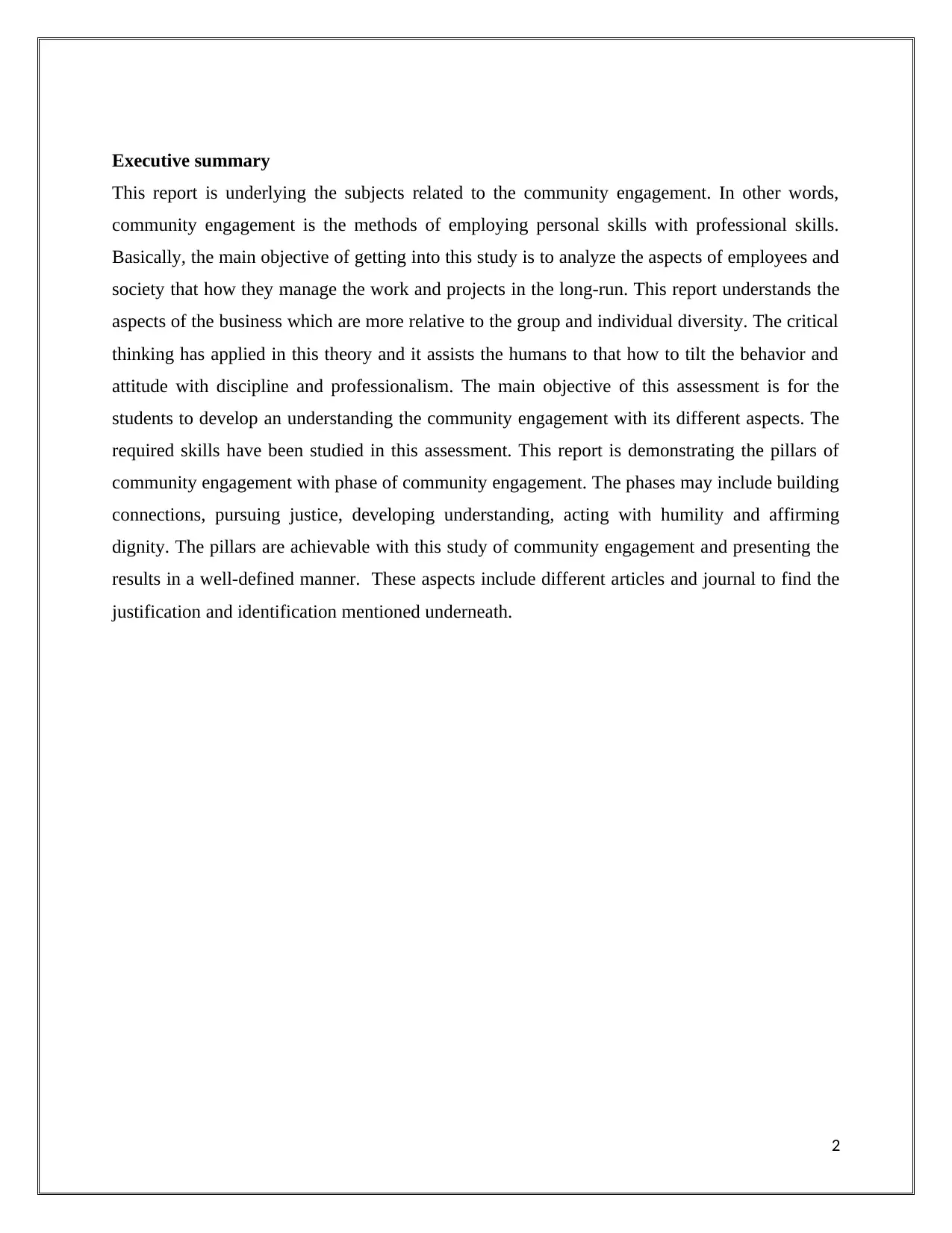This report delves into the multifaceted concept of community engagement, exploring its theoretical underpinnings, practical applications, and the skills and challenges associated with it. It examines the pillars of community engagement, including building connections, pursuing justice, developing understanding, acting with humility, and affirming dignity. The report also analyzes various types and approaches to community engagement, such as advocacy, community-based research, direct community engagement, and project-based community engagement. Furthermore, it discusses the skills and challenges faced by workers and volunteers in community-engaged services, highlighting the importance of building trust, assessing community needs, and creating flexible and sustainable project designs. The report concludes by emphasizing the benefits of community engagement for personal and professional self-development and employability, including the ability to set realistic goals, achieve a better work-life balance, and improve career prospects.
![[object Object]](/_next/static/media/star-bottom.7253800d.svg)
![[object Object]](/_next/static/media/star-bottom.7253800d.svg)












